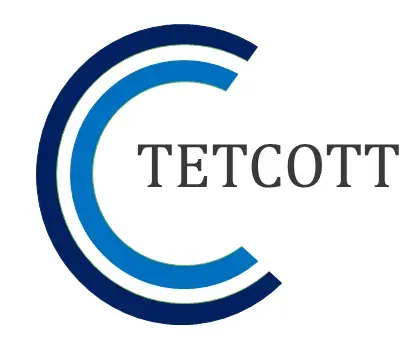The A-Z of Leadership: Loyalty
L is for loyalty; why it is important and when it becomes a liabilty
Loyalty is a quality that strengthens bonds between people and can create lasting relationships. Loyalty allows people to trust each other, build strong connections and foster a sense of belonging.
We can also feel loyalty to an organisation. In a society when switching jobs is frequently becoming the norm, it is critical to keep in mind the importance of loyalty. Employee loyalty has advantages for both the employer and the individual employee.
Employees are more likely to stick around for the long haul when they are devoted to their employer. Organisations which devote more time and money to training and developing its employees end up with a better qualified and more talented workforce and encourages loyalty! Loyal employees usually feel more strongly about their role in the organization and their dedication to its objectives, which can result in higher output and superior performance.

Loyalty is reciprocal and good leaders soon realise that showing loyalty has a significant impact on the loyalty they will get in return. If you stand up for your team when no one else will you gain loyalty.
Loyalty shines brightly in difficult times when leaders and followers stand by one another and provide steadfast support. Being loyal to your supporters is a fantastic leadership trait—most of the time.
There is a fine line between healthy and potentially dangerous loyalty
The line is breached when when leaders put unquestioning loyalty above all else, it changes from a leadership asset to a significant weakness. When leaders exchange allegiance, the concessions necessary for unwavering support between the parties frequently result in circumstances where poor actions are excused in the name of loyalty. When loyalty is overextended, leaders become blind to the obvious truths that everyone else can see. Overly loyal leaders ignore the truth and stick up for people even when it is not in the team's best interest. This fatal flaw is more prevalent than we'd like to think.
The best leaders are devoted individuals who also recognize the boundaries of relationship loyalty. The people who have stood up for you deserve your advocacy and support, but not at the expense of fairness and teamwork. Leaders have a duty to put the team's interests before that of individual team members.
Be honest with yourself: is your loyalty to others a leadership asset or a weakness?
If you’d like to discuss this with me, or any challenges you may be facing in your leadership role then please contact me and we start a conversation.
Cheers, Nick
